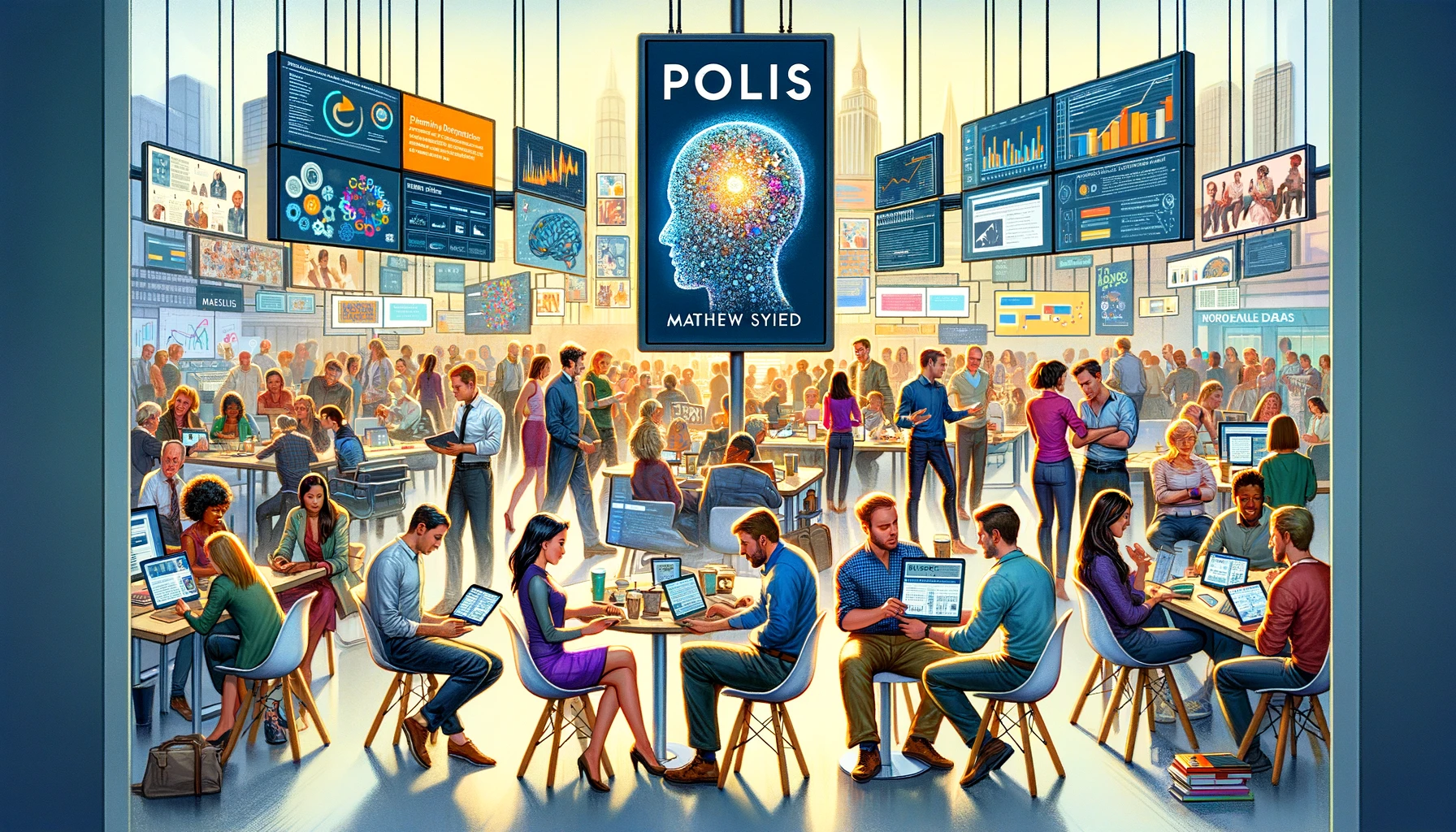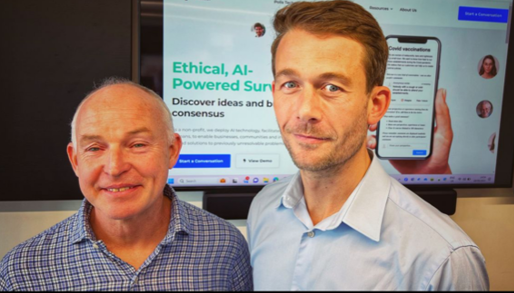The Wisdom of Crowds
“The Wisdom of Crowds: Why the Many are Smarter Than the Few and How Collective Wisdom Shapes Business, Economies, Societies and Nations” published in 2004 is a book written by James Surowiecki, which explores the idea that groups of people are collectively smarter than individual experts when it comes to making accurate predictions and solving problems. Surowiecki argues that the collective intelligence of diverse and independent individuals can produce more accurate and reliable decisions than that of even the most knowledgeable individual. Polis, which we at the Crowd Wisdom Project deploy, is the ideal way of harnessing the collective intelligence of a group of individuals.
The County Fair Example
One of the key examples, outlined in Chapter 1, that Surowiecki uses in his book to illustrate this idea is the example of the county fair. In this scenario, a group of people at a county fair are asked to guess the weight of a prize-winning ox. Each person writes down their guess, and the organiser takes the average of all the guesses. Surprisingly, the average is very close to the actual weight of the ox, even though none of the individual guesses were particularly accurate.
The Jellybean Example
In another example used by Surowiecki he outlines the famous jellybean story. In this story, a professor asks his students to guess how many jellybeans are in a jar. Each student writes down their guess, and the professor takes the average of all the guesses. Again, astonishingly, the average is very close to the actual number of jellybeans in the jar, even though none of the individual guesses were that accurate.
In both of these examples, the reason that the average was so close to the correct number is that the group of people collectively had a wide range of knowledge, experience, and intuition. Some may have been specifically knowledgeable, while others may have relied on their intuition and observational skills. When their guesses were combined, the errors cancelled each other out, and the group arrived at a more accurate answer than any individual could have come up with alone. Polis, if used properly, works in a similar way, although Polis is not usually searching for an accurate answer to a given problem.
Conditions for Optimal Collective Intelligence
Surowiecki argues that when a group of people is diverse, independent, and decentralised, their collective intelligence can be harnessed to solve predictions. However, this only works under certain conditions.
One of the key requirements for the wisdom of crowds to work is that the group must be diverse. This means that the individuals in the group must have different backgrounds, experiences, and perspectives. If everyone in the group has the same knowledge and biases, their collective intelligence is limited. By contrast, a diverse group can bring a wide range of knowledge and expertise to the table, which can help to balance out errors and produce more accurate results.
Another important requirement is independence. This means that the individuals in the group must make their decisions based on their own knowledge and judgment, rather than being influenced by others. If people are swayed by groupthink or herd behaviour, their collective intelligence is compromised. By contrast, when individuals make independent decisions, their errors tend to be uncorrelated, which helps to cancel them out and improve accuracy.
Lastly, the group must be decentralised. This means that there is no one person, or group, controlling the decision-making process. When decision-making is decentralised, each individual has the freedom to make their own decisions (and errors), which helps to prevent errors and biases from being amplified.
Surowiecki uses a wide range of examples to illustrate the wisdom of crowds, from stock market predictions to the accuracy of weather forecasts. In each case, he shows how a diverse, independent, and decentralised group can make more accurate predictions than any individual expert could.
“The Wisdom of Crowds” is a fascinating exploration of the power of collective intelligence. By understanding how groups can work together to make better decisions, we can harness the power of diverse perspectives and decentralised decision-making to solve complex problems and achieve greater accuracy in a wide range of fields.





